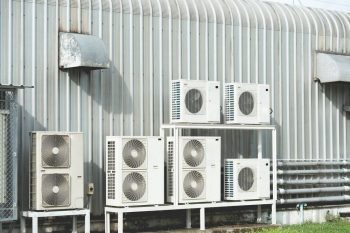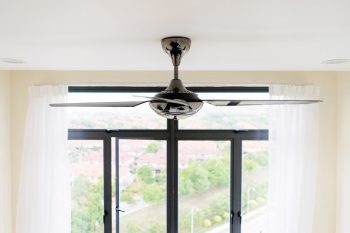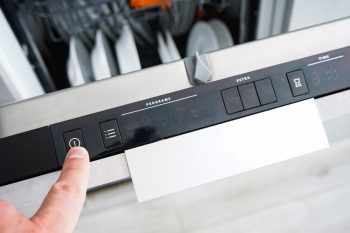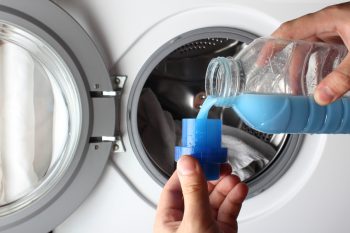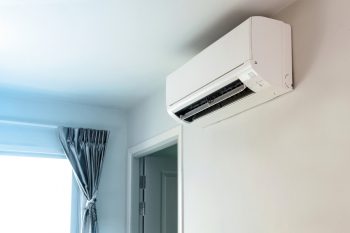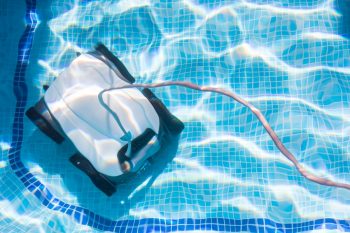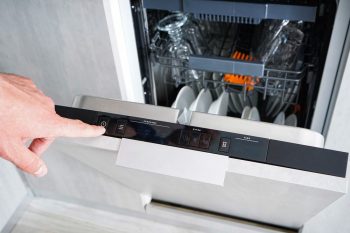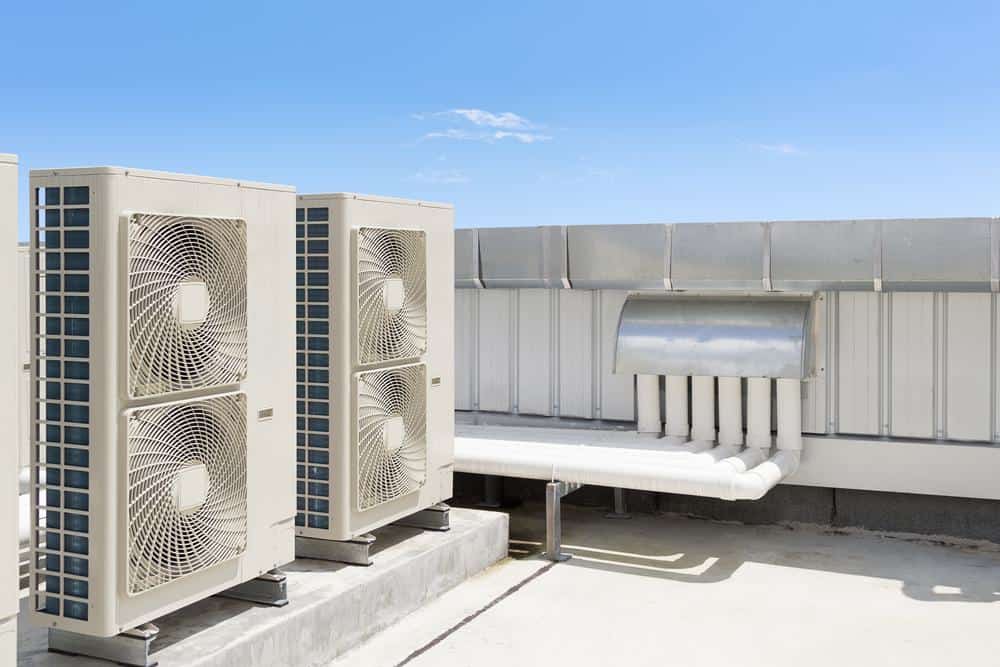
The air conditioning (AC) compressor is the heart of the cooling cycle. Its primary function is to compress the refrigerant which carries the heat out from your house. But what happens when this vital component stops spinning? Many homeowners face the issue of a non-spinning AC compressor, which can lead to uncomfortable indoor temperatures and high energy bills. This article delves into why an AC compressor might stop spinning, how to diagnose and fix the problem, and the best ways to maintain your AC compressor for optimal performance.
Your AC compressor may not be spinning due to several reasons including insufficient refrigerant, a faulty compressor clutch, electrical issues, blocked or damaged suction lines, or an incorrect suction line size. Simple checks like inspecting the outdoor unit, the capacitor, the compressor clutch, and the refrigerant levels can help identify the problem. However, if the issue persists, it’s best to consult a professional HVAC technician. Regular maintenance can help prevent such issues.
The Importance of the AC Compressor
The AC compressor plays a significant role in the cooling process. It circulates the refrigerant necessary for heat exchange through the coils of the indoor and outdoor unit and changes the refrigerant pressure so that it releases heat outdoors. Without a functioning compressor, the AC system will not be able to cool your home effectively.
Signs Your AC Compressor Isn’t Spinning
Before we delve into why your AC compressor might not be spinning, it’s crucial to know the signs that indicate a problem. These include:
- Warm air blowing from your vents
- Strange noises coming from your outdoor unit
- Poor AC performance or reduced airflow
- Refrigerant leaks around the compressor
- The outdoor unit vibrating or making rumbling noises when the AC is turned on
Why Your AC Compressor Isn’t Spinning
There are several reasons why your AC compressor might stop spinning. These include:
- Insufficient refrigerant: If the system is low on refrigerant, the compressor will not turn on. You can check the pressure using an AC recharge can with a gauge and hose attached to it. If the pressure is low, you may need to refill the refrigerant.
- Faulty compressor clutch: The compressor clutch might be worn or damaged, preventing it from engaging. You can visually inspect the clutch and pulley to see if they are spinning. If only the pulley is rotating, the compressor clutch might be having an issue.
- Electrical issues: Problems with the electrical system, such as a blown fuse, bad clutch oil, low-pressure lockout, or an open wire in the oil, can prevent the compressor from spinning. Always consult a professional for electrical repairs to ensure safety.
- Blocked or damaged suction lines: Obstructions in the refrigerant circuit can prevent the compressor from functioning properly.
- Incorrect suction line size: If the suction line is not sized correctly, it can cause issues with the compressor.
Diagnosing a Non-Spinning AC Compressor
To diagnose a non-spinning AC compressor, you can:
- Check the outdoor unit for any visible issues, such as jammed fan blades or debris blocking the fan.
- Inspect the capacitor for signs of damage.
- Examine the compressor clutch.
- Check for electrical issues.
- Replace the air filter, if dirty or clogged.
- Check refrigerant levels.
If these steps do not resolve the issue, it’s best to consult a professional HVAC technician to diagnose and repair the problem.
When to Call a Professional
While some AC issues can be fixed with simple DIY solutions, some situations require professional assistance. If your AC compressor is not spinning and you have tried troubleshooting without success, it’s time to call a professional. An HVAC technician can accurately diagnose the problem and carry out necessary repairs or replacements.
Maximizing the Lifespan of Your AC Compressor
The lifespan of an AC compressor typically ranges between 10 to 15 years, but with regular maintenance, you can prolong this. Here are some tips to maximize the lifespan of your AC compressor:
- Regularly clean and replace air filters
- Keep the condenser unit clear
- Schedule annual maintenance with a professional
- Ensure proper lubrication
- Inspect the outdoor unit regularly
- Check coolant levels regularly
- Address any odd sounds or performance issues promptly
By following these tips, you can help ensure that your AC compressor operates efficiently and lasts for many years.
Remember, regular maintenance is key to preventing a non-spinning AC compressor. Not only does it ensure optimal performance, but it also minimizes the risk of unexpected breakdowns and expensive repairs. If you’re unsure about any aspect of AC maintenance, don’t hesitate to seek professional advice.
Frequently Asked Questions
What is the role of the AC compressor clutch?
The AC compressor clutch is a device located on the front of the compressor that allows the compressor to engage or disengage from the motor’s power. When the AC system is turned on, the clutch engages, allowing the compressor to start spinning with the motor. If the clutch is faulty or damaged, it can prevent the compressor from spinning.
How often should I replace my air filters?
The frequency of air filter replacement can vary depending on the type of filter, the air quality in your home, and whether you have pets. However, a general rule of thumb is to replace your air filters every 60-90 days. If you have pets or suffer from allergies, you may need to replace them more frequently, about every 30-60 days.
What does an HVAC technician do during an annual maintenance visit?
During an annual maintenance visit, an HVAC technician will inspect your entire AC system, clean the condenser and evaporator coils, check the refrigerant level, inspect and clean the blower components, check the thermostat, and perform other tasks as required. This regular maintenance can help ensure the efficiency and longevity of your AC system.
Can I refill the refrigerant in my AC system myself?
While it’s possible to refill the refrigerant in your AC system yourself, it’s not recommended unless you have the proper training and equipment. Handling refrigerant requires special tools and safety measures due to its high pressure and potential hazards. Furthermore, adding too much or too little refrigerant can cause your AC system to operate inefficiently. It’s best to leave this task to a professional HVAC technician.
How can I tell if my AC system is low on refrigerant?
Some signs that your AC system might be low on refrigerant include: your AC is not cooling your home as effectively as it used to, you hear a hissing or bubbling noise (indicating a refrigerant leak), or frost forms on the AC’s evaporator coils. If you suspect your AC system is low on refrigerant, it’s best to call a professional to inspect it.


